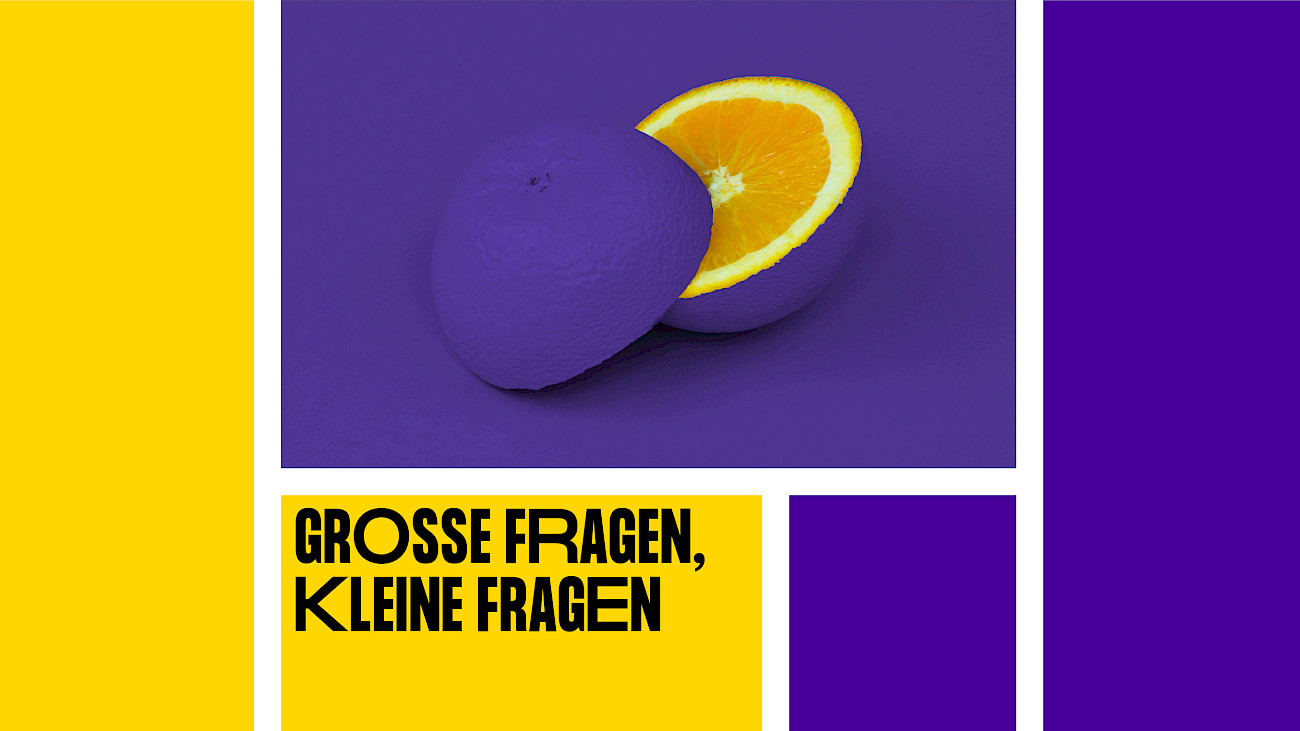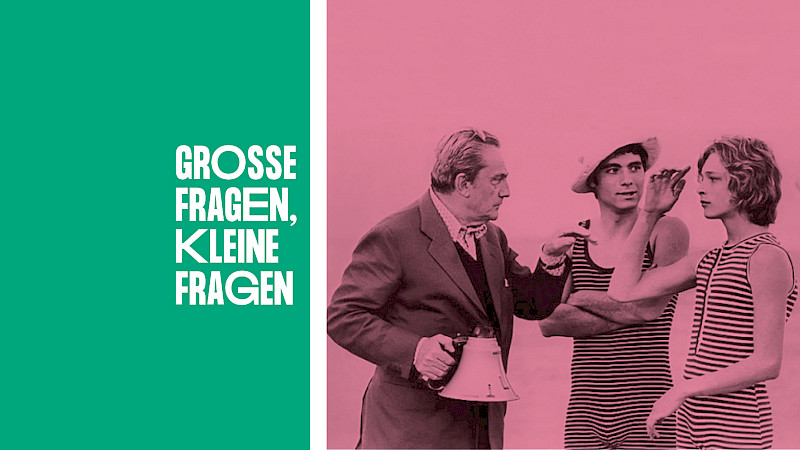
How Does Sharing Work Musically?
A world premiere in our season opening concert provides the answer.
«Sharing is caring» is increasingly being said in these savings-friendly and ecology-conscious times, and rightly so: a shared car does less harm than one driven out alone, a shared lawnmower only clogs up one cellar, and a shared office costs half the rent.
The sharing principle has now taken hold in many areas of life – including the orchestra business. It's not that musicians now share instruments; a violin is not a lawnmower, but a thing to which a violinist has a highly intimate and individual relationship. But more and more often, works are commissioned by several orchestras. And yes, you can use another trendy word and talk about a win-win situation. Or, more precisely: a win-win-win situation.
First of all, the orchestral societies win, as they only have to pay half of the composition fee (or, if more than two orchestras are involved, only one third, one quarter, one eighth: you do the math).
Secondly, the composer wins: because his work does not disappear in a drawer immediately after the premiere, but is performed at least a second time. This also increases the chances that someone will hear it and then organise a third performance: Bingo.
The sharing concept also benefits soloists and conductors. Contemporary works are usually difficult to rehearse; to take on all the work for a single performance would be, to stay in the realm of economic vocabulary, a rather unfavourable cost-benefit calculation.
And fourthly, in the best case, the orchestras benefit once again – at least if the co-production partner is chosen in such a way that it benefits or at least does not harm one's image. So if you can commission a work together with the Berliner Philharmoniker, for example, you not only get a new work, but also a bit of the glamour of the top orchestra, which would undoubtedly not team up with some B or C ensemble.
Järvi from here, Pahud from there
And here we can now switch from theory to practice: Because this season we are going to play two new works at the Tonhalle Zurich, which we commissioned together with the Berliner Philharmoniker. For the opening of the season we have the world premiere of Toshio Hosokawa's flute concerto «Ceremony», which will later be recorded in the Philharmonie; in January we will have Erkki-Sven Tüür's flute concerto «Lux stellarum», which was launched in Berlin last May.
The fact that the collaboration came about probably also has something to do with the protagonists: The solo part in both works is played by Emmanuel Pahud, principal flutist with the Berliner Philharmoniker and this year's Focus artist at the Tonhalle Zürich. And they are going to be conducted by Paavo Järvi, who is also a welcome guest in Berlin. In this area, too, it is a textbook co-production: one orchestra provides the soloist, the other the conductor ...
Only the audience, of course, is not shared in the whole action. On the contrary: it doubles. Win-win-win-win.
Translated with DeepL.com





